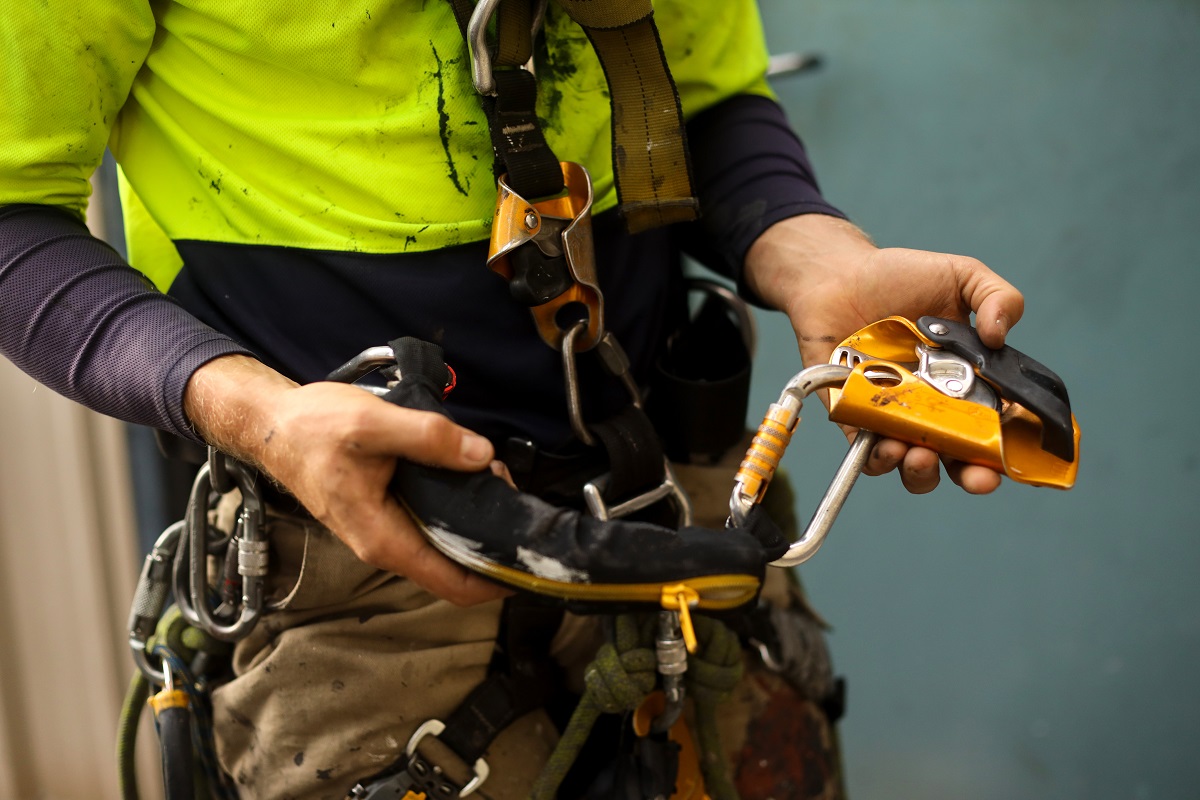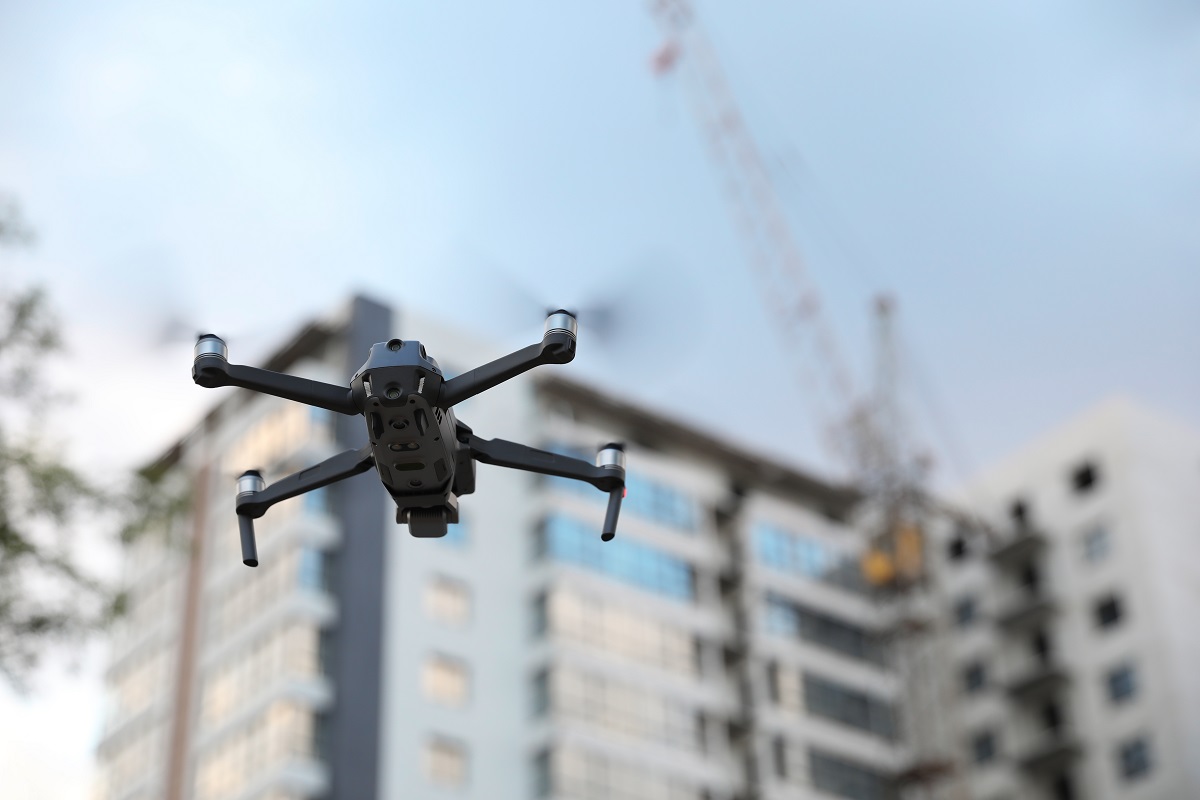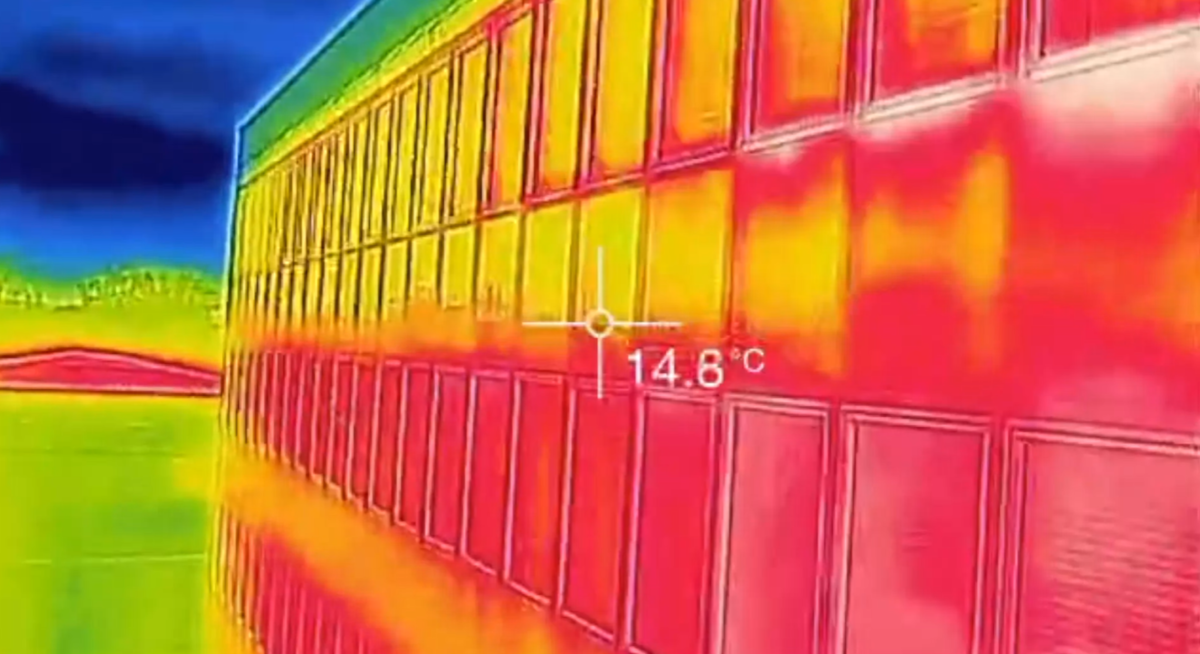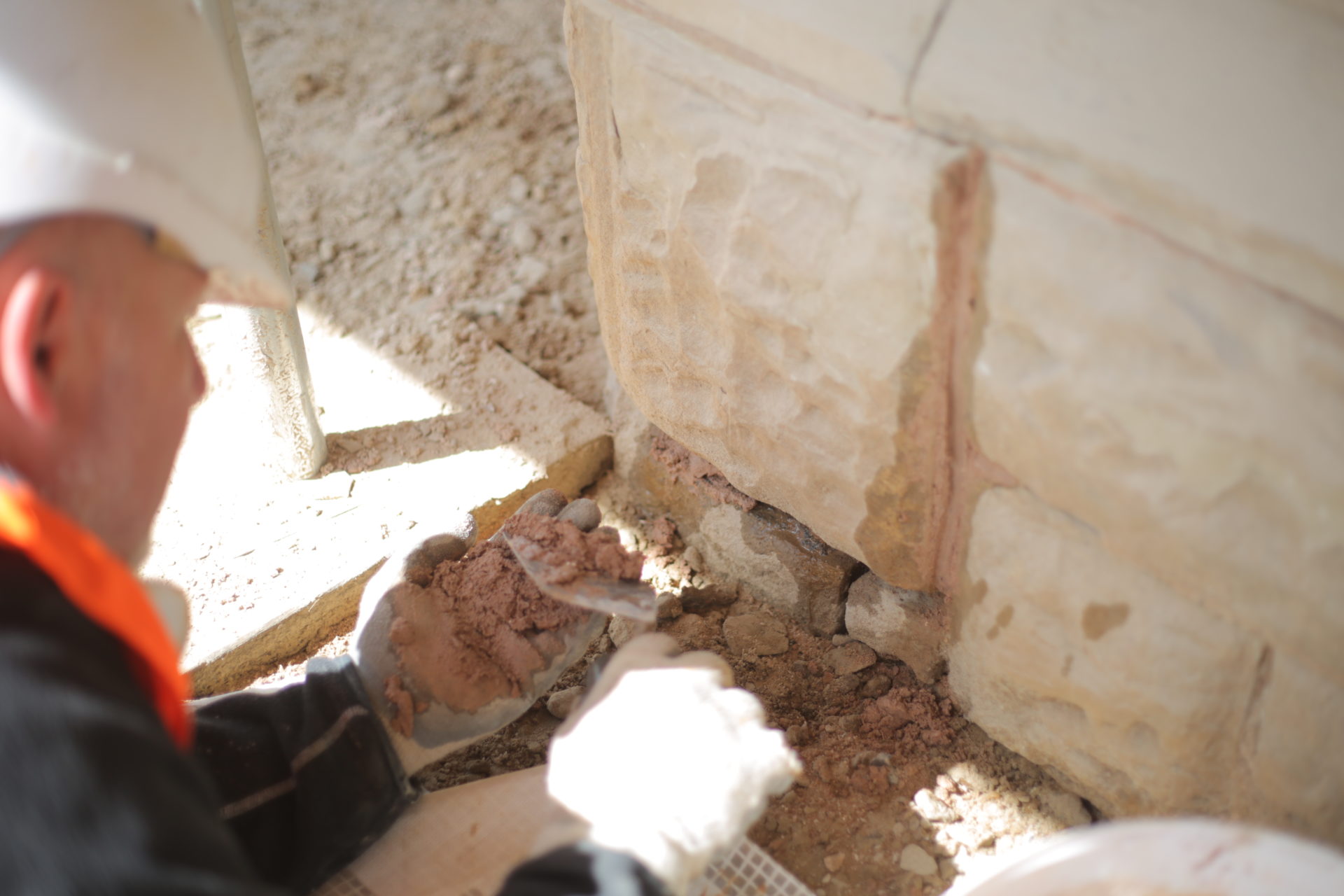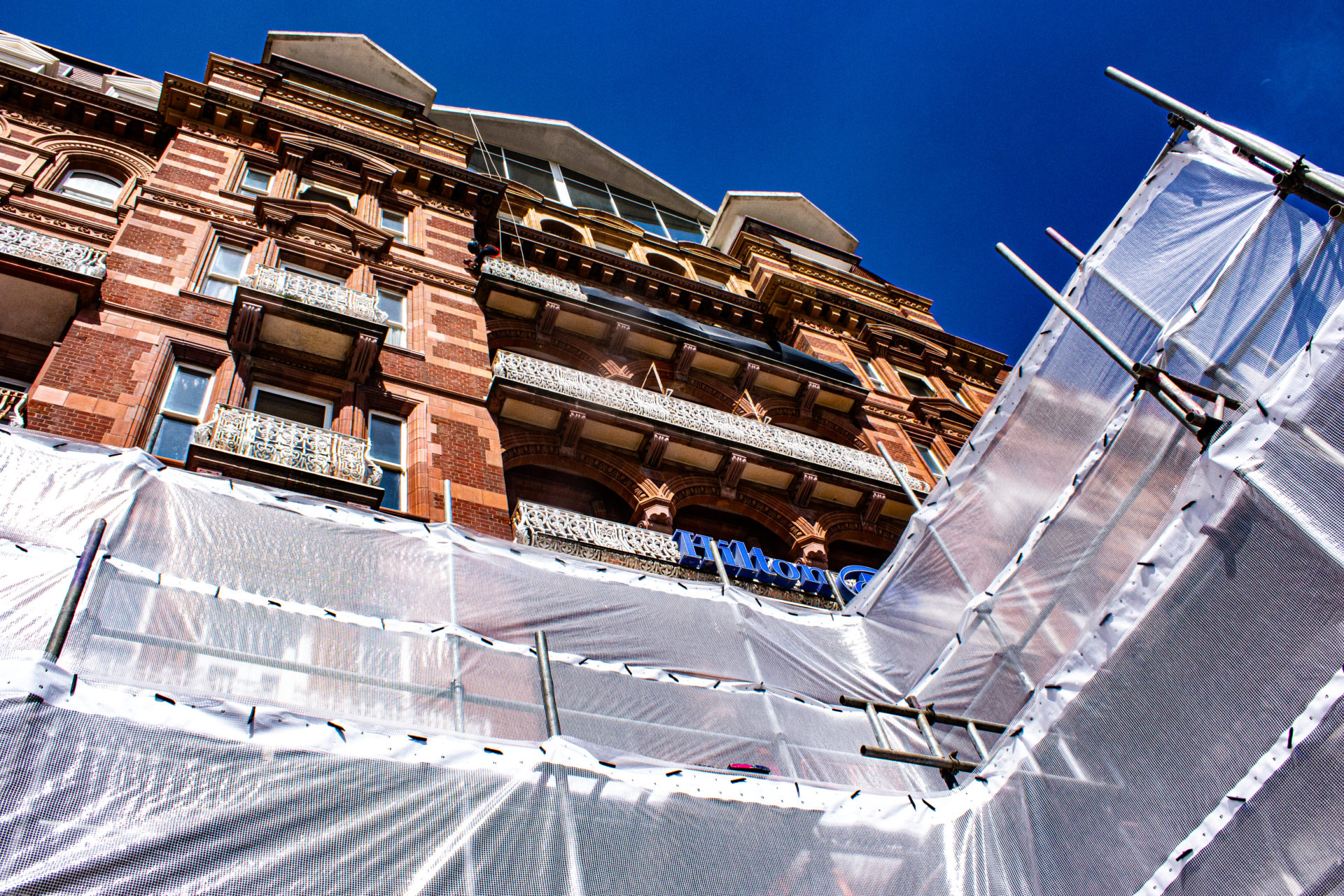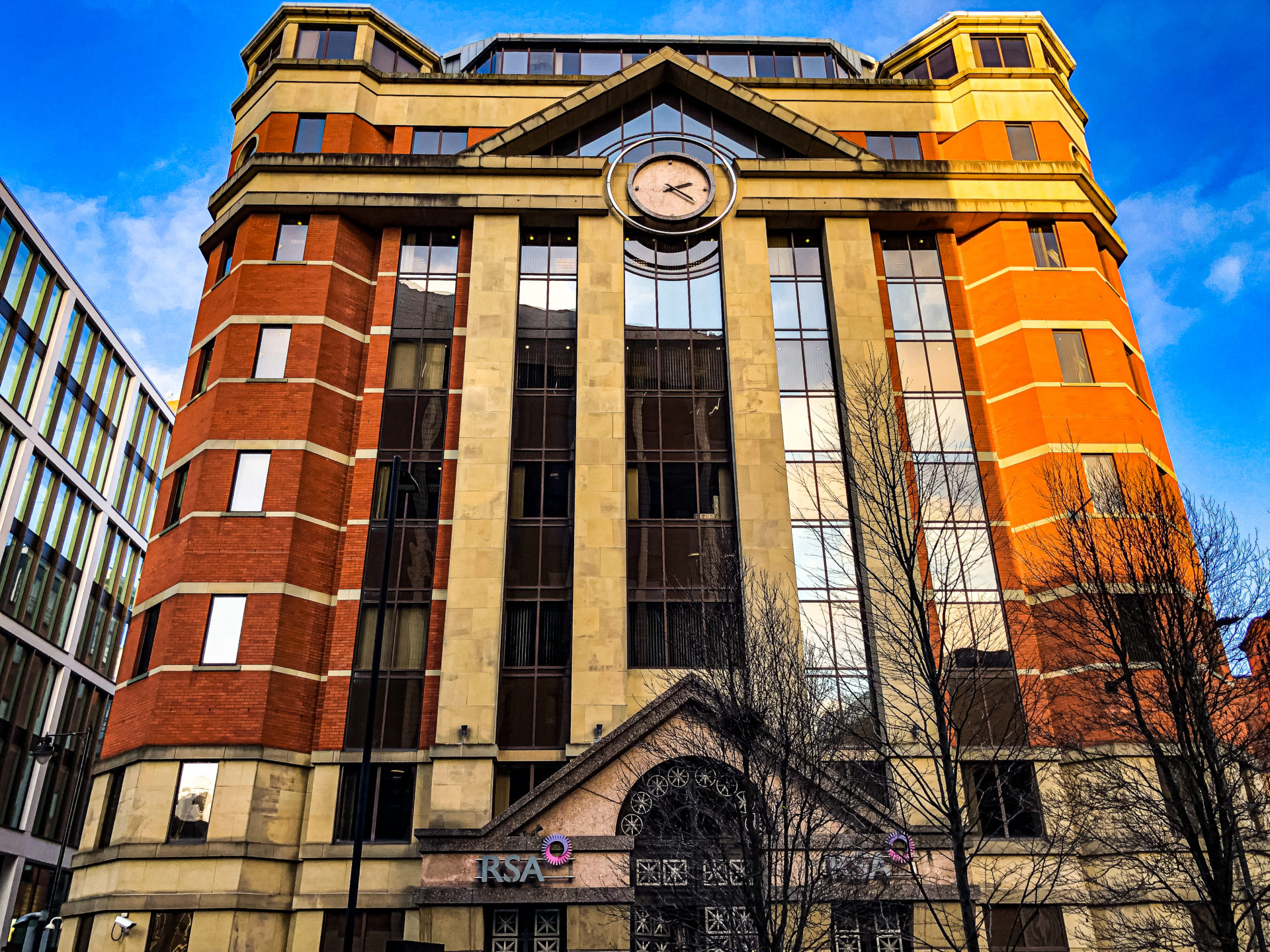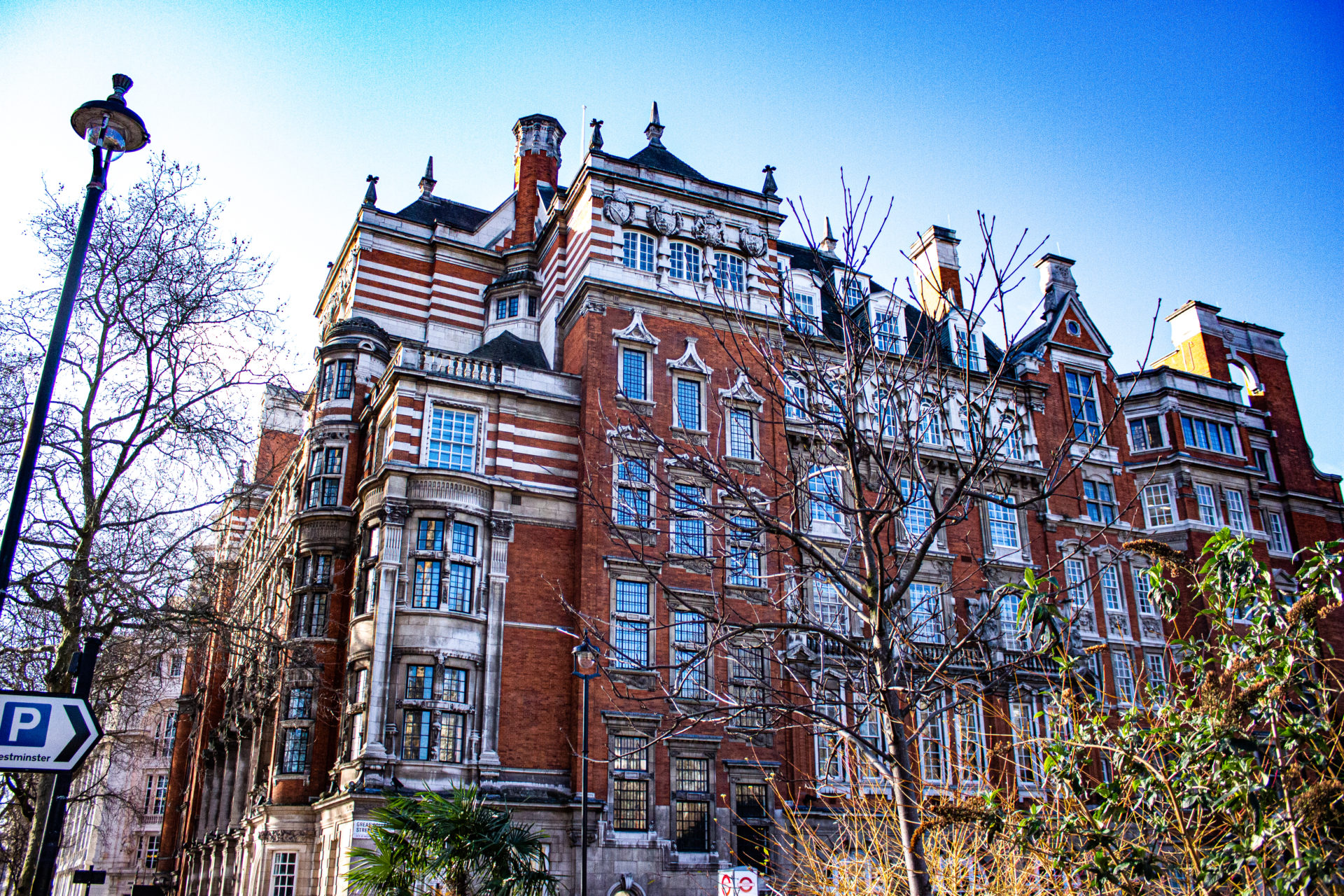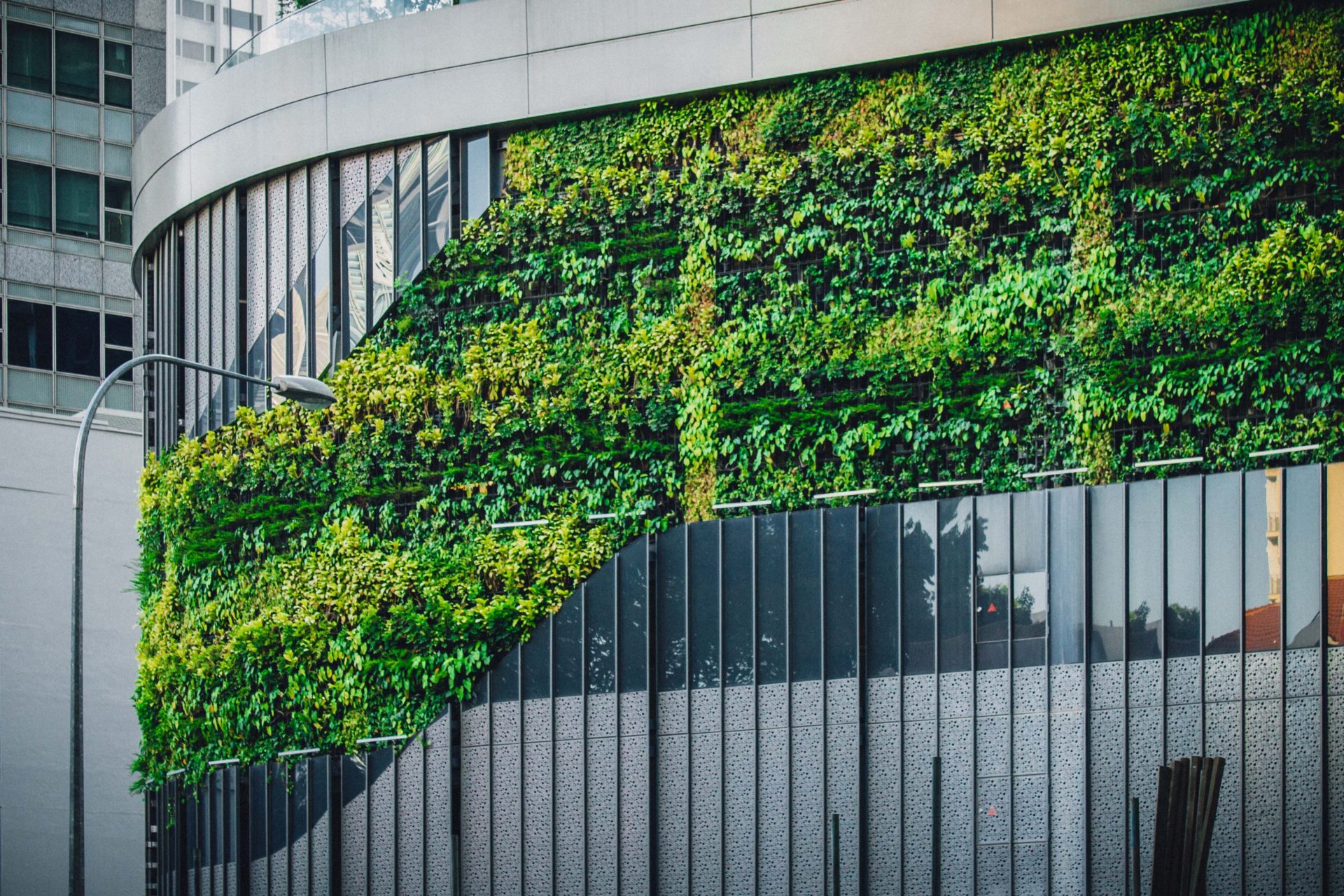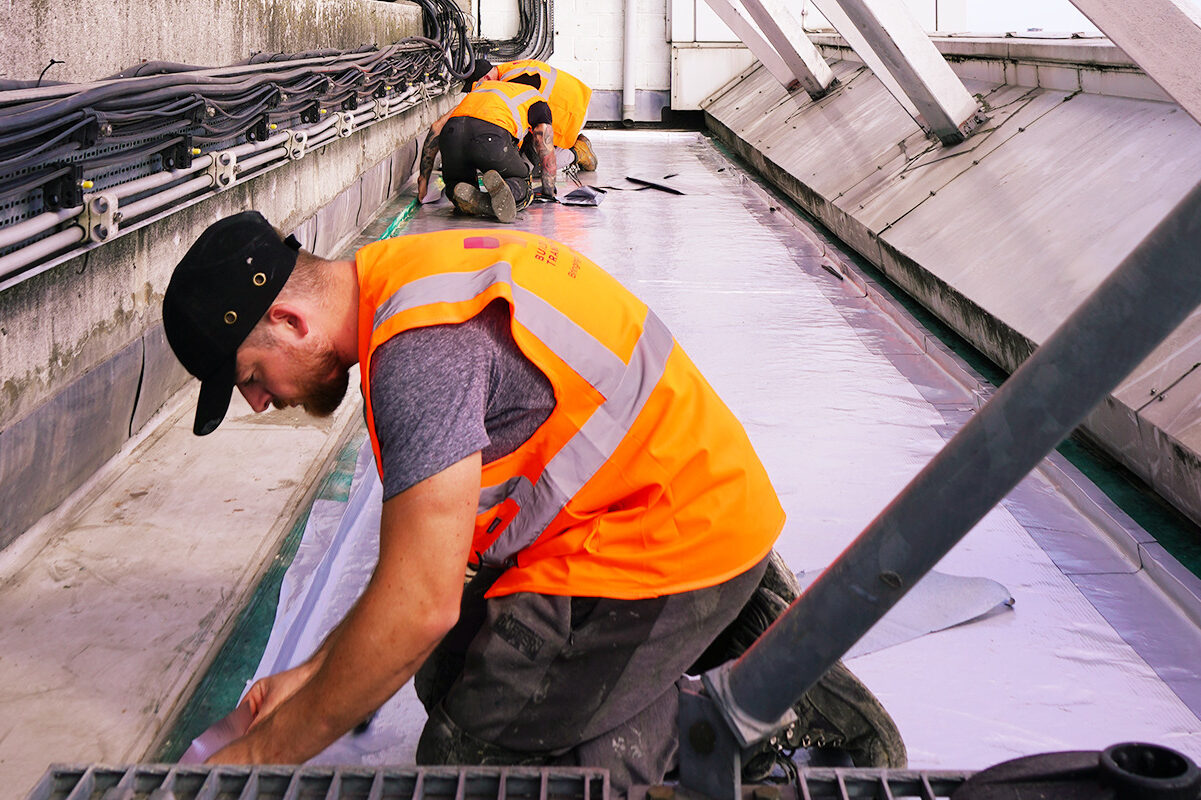Hotels experience some of the highest foot traffic of any business. The constant use of facilities and the comings and goings of guests and staff can create a lot of wear and tear to the building. Reactive repairs can often be expensive and inconvenient. That is why, regardless of the size of your hotel, it’s essential to have a thorough preventative maintenance checklist that covers all of the tasks required to keep the hotel running smoothly.
What is preventive maintenance?
Rather than reactively responding to repairs as needed, preventative maintenance is proactively carrying out maintenance work on your hotel before things go wrong. When the hotel’s exterior (the building envelope) is regularly maintained and in good condition, then apart from the usual wear and tear, the hotel interior will also remain in good condition. Preventive hotel maintenance is far more cost-effective and less disruptive than corrective maintenance and repairs.
Some checks are required more frequently than others and can be completed by a trained in-house maintenance team. However, others may need a specialist service. It’s a good idea for hotels to have weekly, monthly and annual maintenance checklists.
Preventive building maintenance inspections
Maintenance inspections form the initial part of any planned maintenance. This should include periodic inspections completed at pre-set intervals depending on the building’s size, age, and condition. Occasional inspections should be completed if there’s been extreme weather that could affect the building envelope. It’s good practice to take photos of the building to help with monitoring its condition, especially if there are any areas of concern. However, you should record all inspections and maintenance. Using a preventive maintenance checklist will help to make this a straightforward process.
Preventive maintenance checklist
Any maintenance plan and checklist should be in proportion to the hotel building’s size, age, and complexity. While most hotel building maintenance is routine, there will likely be times when you need to take action after an unforeseen event such as severe weather or accidental damage. This needs to be considered within your maintenance plan. Your regular hotel maintenance should begin with a checklist. Some specific items to inspect regarding a hotel’s building envelope include:
Flat roofs
- Carry out inspections of a flat roof twice a year
- Check for any tears, cracks, splits or holes in the roof covering
- Check for signs of dampness on ceilings as a possible sign of a leaking roof
Pitched roofs
- Inspect pitched roofs twice a year and following any high winds or storms
- Look to see if there is any debris lying on the ground, as this is often an indicator of roof issues
- Check to see if there are any missing, slipped, loose or broken tiles or slates
- Check for any moss as this could damage roof tiles and slates and block gutters
- Check for any dampness on ceilings, as this can sometimes be a sign of a leaking roof
Chimneys
- Check to see if there’s any vegetation that is growing out of the chimney
- Check if the chimney pots or chimney stacks are leaning
- Look to see whether the chimney pots have moved out of position
- Check for any open or badly eroded joints, cracks, bulging or loose bricks or stones
- Promptly organise a closer inspection of the chimney if you note any of these issues
Ridge tiles
- Check to see if there are any missing ridge tiles
- Check if you can see any gaps between each tile. You may need to organise a closer inspection
Flashings
- Check whether all the flashings are sufficiently fixed into the wall
- Make sure that joints are in good condition
- Check if flashings are in the correct position and not been moved or blown away from the wall surface and are dressed down
Drainage gullies
- Carry out inspections at least every autumn
- Ensure that the drainage gullies are clear of any debris, silt, vegetation and any other objects
- Check that all gully inlets have a grating covering them
Rainwater gutters and channels
- Inspect and clear away any debris such as fallen leaves, bird nests and moss every autumn at the very least (ideally more frequently)
- Check for any leaking joints
- Check to see if rainfall from the roof cascades over the gutter
- Check to see if water pools in one specific area
- Ensure the gutters are sloping correctly towards the outlets
- When the gutters are fixed to timber fascia boards, check the boards’ condition and soffit and barrage boards
Rainwater pipes
- Inspect the pipes when it’s raining to see if there are any leaks
- Clear any blockages from the pipes
- Use a mirror to check the back of the pipes for any cracks or corrosion
- Check that the pipes are fixed securely to the wall
- Check whether there are any washed-out mortar joints on the wall behind the pipe or any signs of algae growth or staining
Exterior walls
- Check to see if there’s any missing pointing or deep erosion in the joints
- Check for any cracks
- Check to see if there are any defects in the rendering, brickwork or stonework
Base wall
- Check that there are no obstructions to the vents
- Check that ground levels are at least 150mm below the level of the damp-proof course
- Remove any plants or vegetation adjoining or growing on the wall
Doors and windows
- If the doors or windows are made from metal or timber, check to see if the paintwork is still in good order or if there are any signs of deterioration
- Look for bare timber on sills, thresholds and the undersides of window sashes
Interior building services
- Check chimney flues aren’t leaking and clear from any obstruction
- Check heating and water systems for any leaks
- Check pipes are lagged
- Ensure gas and electrical installations are inspected regularly by certified professionals
Regardless of the age, size or condition of your hotel, regular preventative maintenance will help you ensure that it not only remains in good condition but always looks its best to welcome your guests.



